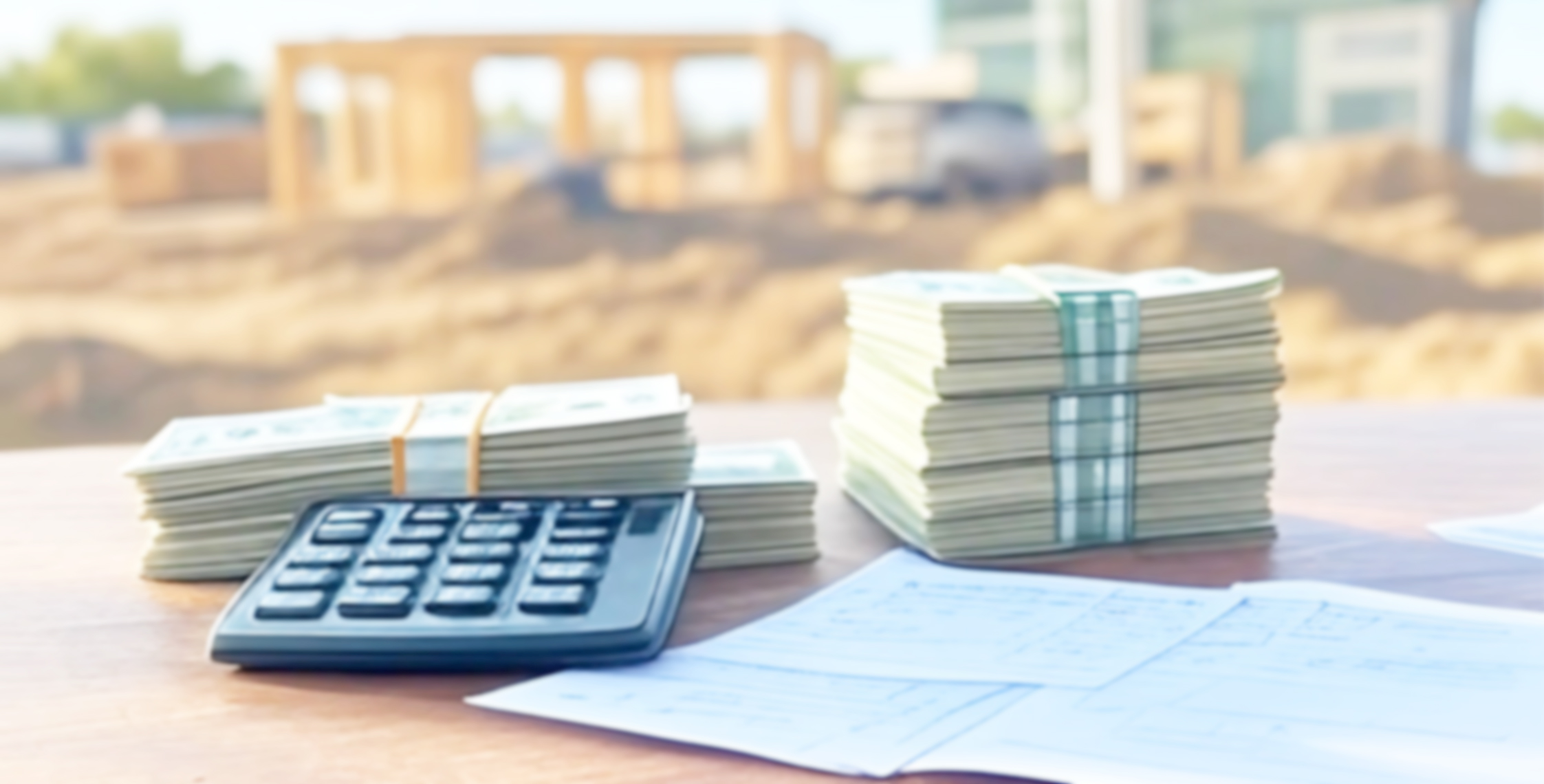Fix-and-Flip Hard Money Loan Requirements: Credit Score, Down Payment & What Lenders Really Look At
Key Takeaways
- Most fix-and-flip lenders accept credit scores of 600+, while many asset-based lenders skip credit checks entirely, focusing on property value instead
- Down payments typically range from 10-25% of purchase price, with experienced investors often qualifying for lower requirements
- Lenders base loan amounts on 65-80% of the property’s after-repair value (ARV), making accurate property evaluation crucial
- Average profits range from $30,000 to $73,500 per flip, but hidden renovation costs and high interest rates can destroy budgets
- Private lenders can fund deals in as little as 4 days, compared to weeks or months with traditional banks

Traditional bank loans move too slowly for real estate investors who need to close deals fast. When the perfect flip property hits the market, waiting weeks for approval means losing out to cash buyers. That’s why smart investors turn to private lending solutions that prioritize speed and property value over lengthy paperwork processes.
600+ Credit Score Opens Doors, But Many Lenders Skip Credit Checks
Credit requirements for fix-and-flip loans look dramatically different than traditional mortgages. Many fix-and-flip lenders require a minimum credit score, often between 600 and 680, although specific requirements vary by lender and some may accept lower scores with additional conditions. However, the real game-changer comes from asset-based private lenders who don’t require a credit check at all, focusing instead on the after-repair value (ARV) and rehab plan.
A credit score of 600 or higher generally opens doors with most hard money lenders, but it’s not the make-or-break factor many investors fear. Flexway Advisory Group specializes in connecting investors with private lending partners who prioritize deal quality over credit history, ensuring strong properties get funded regardless of past financial challenges.
The shift toward asset-based lending means investors with lower credit scores can still secure funding if their property analysis demonstrates solid profit potential. This approach recognizes that real estate investment success depends more on market knowledge and deal evaluation skills than personal credit history.
Down Payment Reality: 10-25% Is the New Standard
Down payment requirements have evolved significantly in the fix and flip lending space, with most programs now requiring substantially less upfront cash than investors expect.
1. Most Lenders Require 10-25% Down
Down payments typically range from 10% to 25% of the purchase price, depending on factors like the property’s condition and the investor’s experience. While traditional sources often cite 20-30% requirements, current market conditions have pushed many lenders toward the lower end of this range. The majority of active lenders now structure deals with 10-20% down payments, making projects accessible to investors with limited capital.
2. Cash Reserves Depend on Your Experience Level
Beyond the down payment, lenders evaluate liquid reserves differently based on investor track records. New investors typically need 6-8 months of loan payments in reserve, while experienced flippers with proven success often qualify with just 3-4 months of liquidity. This experience-based approach recognizes that seasoned investors better manage project timelines and unexpected costs.
3. No-Money-Down Options Using Property Equity
Creative financing structures allow investors to use existing property equity instead of cash down payments. Some lenders accept cross-collateralization, where other real estate assets secure the new loan. Partnership structures also enable investors to combine resources, with one party providing experience and another contributing capital requirements.
ARV Lending: How 65-80% Loan-to-Value Works
After-repair value (ARV) calculations drive loan amounts in fix-and-flip financing. Lenders assess the property’s after-repair value (ARV) to determine the loan amount, often lending up to 65-75% of the ARV, though some may lend up to 80% or more depending on the specific loan program and borrower qualifications. This percentage determines both the maximum loan amount and the investor’s required equity position.
What Drives ARV Calculations
ARV represents the future value of real estate after renovations, repairs, and updates are complete. Professional appraisers analyze comparable sales of recently renovated properties in the same neighborhood, adjusting for specific improvements planned. Market conditions, local demand trends, and neighborhood appreciation rates all factor into these projections. Accurate ARV calculations require understanding both current market values and renovation impact on property worth.
Experience and Location Impact Your Percentage
Loan-to-ARV percentages vary based on investor experience and property location. New investors typically qualify for 65-70% of ARV, while experienced flippers with proven track records often secure 70-75% financing. Properties in stable, appreciating markets command higher percentages than those in declining areas. Urban markets with strong rental demand generally qualify for maximum ARV lending ratios.
Real Profits: $30K to $73K Average Returns
Fix and flip profitability data reveals substantial earning potential for successful investors. Data from the first quarter of 2024 indicated an average gross profit of around $72,375 on home flips nationally, but other reports for 2024 show varying averages between approximately $66,000 and $73,500.
Real-world success stories demonstrate achievable profit ranges across different markets. Jeremy Hicks secured his first s
Every Business Owner Eventually Hits a Cash Crunch — The Question Is: How Will You Handle It?
QuickFlex Delivers Fast, Flexible Working Capital for Small Businesses I’ve been working with business owners for decades — first as an entrepreneur myself, then as an accountant sitting across the desk from people just like you. And I’ve learned something important:...
Privacy Policy | Terms of Use | 1700 S Dixieland Rd Unit 103 Rogers AR 72758 | +1 877-592-3962
